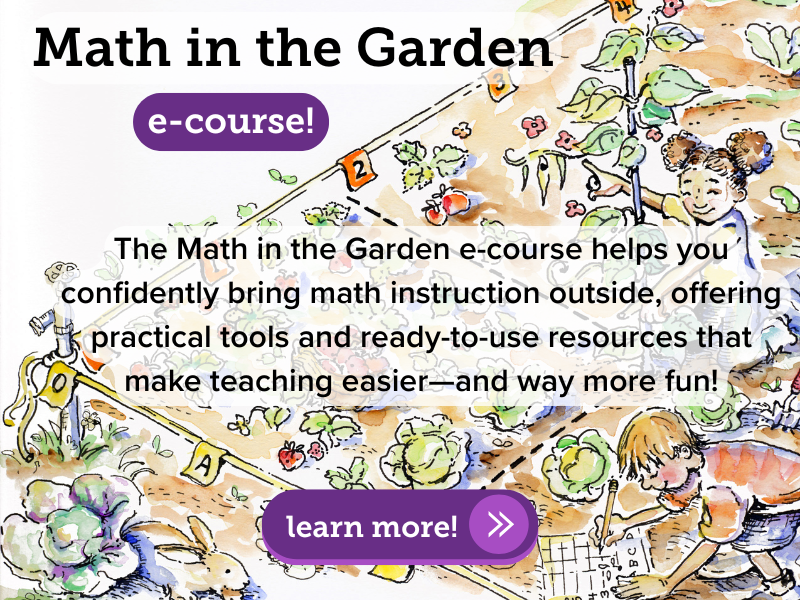Materials:
- List of items to find (click here to download our sample Nature Scavenger Hunt page)
- Clipboard
- Pencil
Instructions
Although the garden provides many opportunities for exploration, sometimes it helps if kids have some direction to begin their observations. A scavenger hunt can provide a little bit of structure while still offering the flexibility for individual discovery.
Create a list of items commonly seen in the garden and nature such as leaves, birds, insects, rocks, etc. The older the children participating in the hunt, the more specific your list can be. For example, instead of asking them to find a bird, ask them to find a cardinal. To adapt the activity for younger children, use pictures to make your list (hand drawn or cut from a magazine). Download a sample scavenger hunt page from KidsGardening.
Place your completed list on a clipboard; then grab a pencil (or crayon) and visit your garden, a park, nature trail or some other type of a community green space.
There are many ways to adapt this activity. Here are a few ideas:
- Make a nature bracelet. If playing in a public space it is best to hunt with your eyes, but if you are in your own yard or another location where collection is acceptable, kids can make bracelets from masking tape (sticky side out). As your child finds the (non-living) items on the list, have him/her stick the items to the bracelet. At the end of the game, kids will have a fun keepsake to show off.
- Rather than basing your hunt on visual characteristics, you could also develop a sound, texture, or smell, hunt (or an edible hunt if you have a vegetable or herb garden and your child is old enough to understand not to eat unknown items).
- If your child or children are highly competitive, keep track of the time it takes to find all the items, trying to beat your previous times, or add prizes.



